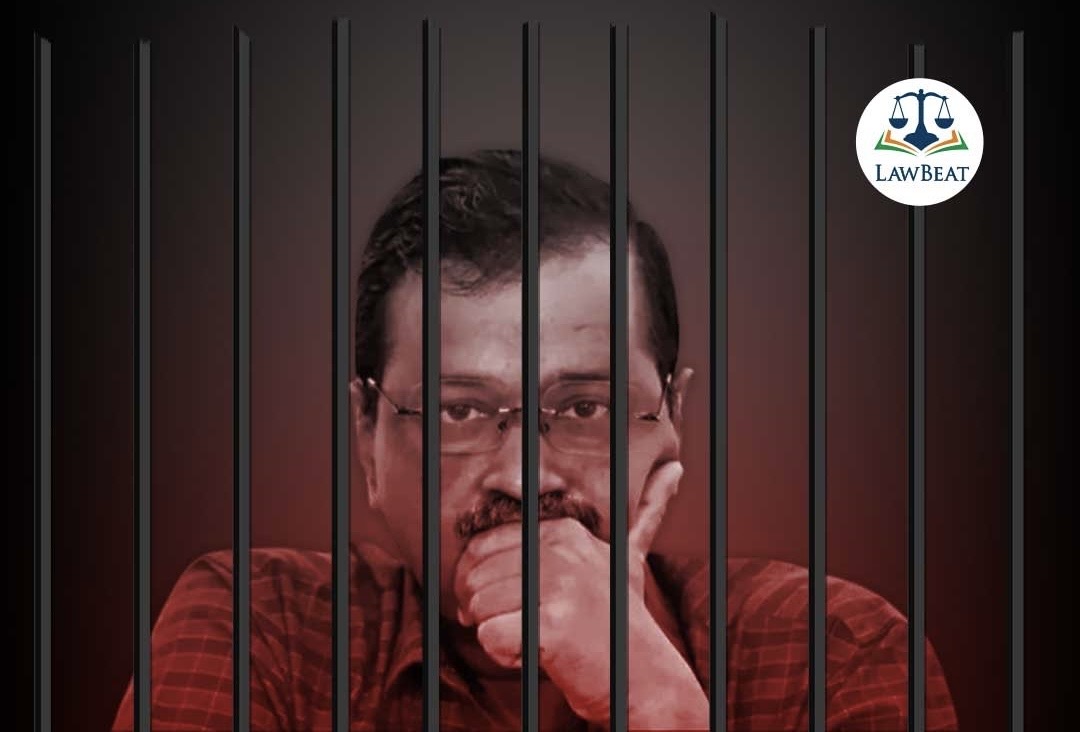To be or not to be: Supreme Court raises doubts on Kejriwal continuing as CM

Though Kejriwal has been granted interim bail, questions are being raised about whether he should continue as Chief Minister of Delhi, as the SC establishes it is not within its domain to pass a specific direction
In the judgment today, on the plea filed by Delhi Chief Minister Arvind Kejriwal challenging his arrest and remand in the alleged liquor policy scam, the Supreme Court has effectively held that the Delhi CM should step down but the Court, cannot ask him to do so as he is an elected representative.
While the Court has granted interim bail to Kejriwal today, its has said it has raised doubts on whether he can continue as a Chief Minister.
"While we do not give any direction, since we are doubtful whether the court can direct an elected leader to step down or not function as the Chief Minister or as a Minister, we leave it to Arvind Kejriwal to take a call...", a bench of Justices Sanjiv Khanna and Dipankar Datta has observed.
Arvind Kejriwal will, however, not be released from jail since he is presently in custody with the Central Bureau of Investigation (CBI) in the same Delhi Liquor Policy matter.
The Supreme Court has pointed out further that allegations against Arvind Kejriwal, who is behind bars in an alleged liquor scam have weight. The Court has said that the larger bench may deem whatever is appropriate on the said issue as well if it wants to take it up.
As the questions of Kejriwal's arrest and remand under PMLA by the ED have been referred to a larger bench for consideration, the issue of a minister stepping down has also been left with the larger Bench, which if deems appropriate, can frame question(s) and decide the conditions that can be imposed by the court in such cases.
Since his arrest Arvind Kejriwal has faced multiple demands to resign, including from the opposition, civil society and general citizenry.
It is ED's case that Kejriwal had demanded 100 crores during Goa elections which was later utilized through hawala transactions.
While granting relief to Kejriwal earlier too, on May 10, Supreme Court had allowed him interim bail for campaigning for Aam Aadmi Party in the General Elections, 2024. However, while doing so, it had asked him not to visit the CM office or sign any official papers.
Kejriwal was arrested on March 21 late evening. He has been in ED's custody since. ED had conducted searches at Delhi Chief Minister's residence following the Delhi High Court's decision to deny him protection from coercive action in an excise policy-related money laundering case.
The case against Kejriwal & allies involves allegations of corruption and money laundering in the formulation and execution of Delhi's excise policy for 2021-22, which was later scrapped.
Meanwhile, upon arrest, outside Kejriwal's residence, a crowd gathered, including AAP MLAs and party leaders, protesting the ED's actions. AAP leaders criticized the BJP and ED, alleging political conspiracy and misuse of power to target Kejriwal.
Case Title: ARVIND KEJRIWAL vs. DIRECTORATE OF ENFORCEMENT
